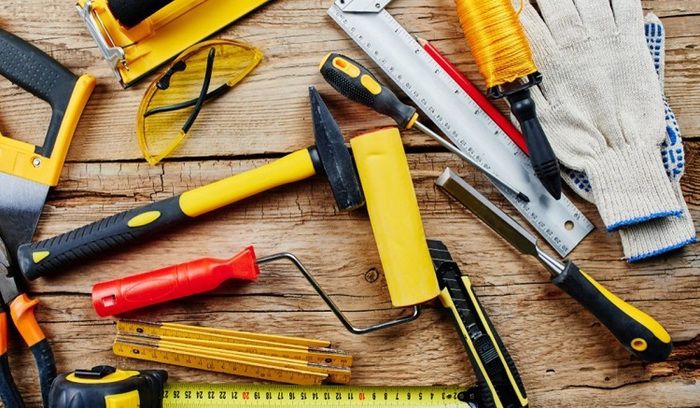How Do You Choose the Right Construction Tools for Small-Scale Projects
When embarking on a small-scale construction project, choosing the right tools can make all the difference between a smooth, efficient job and a frustrating, time-consuming one. In this article, we’ll guide you through the process of selecting the perfect tools for your small-scale project, ensuring you have everything you need to get the job done right.
How to choose the right construction tools for small-scale projects?
Choosing herramientas construccion or construction tools involve:
●Assessment of the Project’s Scope
●Choosing Quality over Quantity
●Focusing on Ergonomics and Comfort
●Allocation of budget
●Safety Concerns
Assess Your Project’s Scope
Before diving into the world of construction tools, it’s essential to understand the scope of your project. Ask yourself questions like, “What am I building?” and “What tasks will be involved?” A comprehensive assessment will help you identify the specific tools you need and prevent unnecessary purchases.
For example, if you’re building a small wooden shed in your backyard, you’ll likely require a saw, a hammer, nails, a level, and a measuring tape. However, if your project involves electrical work, such as installing lighting or outlets, you’ll need additional tools like a wire stripper, pliers, and a voltage tester.
Quality Over Quantity
It’s crucial to prioritize quality over quantity. While it may be tempting to buy a variety of inexpensive tools, investing in high-quality, durable options will save you money and frustration in the long run.
Imagine you’re working on a roofing project, and you’ve opted for a low-cost, flimsy ladder. As you climb up to inspect your work, the ladder wobbles, putting your safety at risk. In this scenario, investing in a sturdy, reliable ladder is not just a matter of convenience; it’s a matter of safety.
Ergonomics and Comfort
Construction projects can be physically demanding, so it’s important to consider the ergonomics and comfort of the tools you choose. Tools that are comfortable to hold and use can significantly reduce fatigue and strain during long hours of work.
For example, if you’re planning to do a lot of drilling, selecting a cordless drill with an ergonomic grip can make a world of difference. Your hands will thank you after hours of drilling holes or driving screws.
Budget Wisely
While quality tools are essential, it’s also crucial to budget wisely. Set a realistic budget for your small-scale construction project, including tool purchases. Stick to your budget to avoid overspending on tools you may not need.
Consider looking for deals, discounts, or second-hand options for certain tools that you may use less frequently. Garage sales, online marketplaces, and rental options can be excellent sources of cost-effective tools.
Safety First
Never compromise on safety when choosing construction tools. Ensure that the tools you select meet safety standards and come with necessary safety features. Additionally, invest in personal protective equipment (PPE) such as safety glasses, gloves, and a dust mask to keep yourself safe while working.
For instance, if you’re using power tools, make sure they have built-in safety features like blade guards or trigger locks. Safety should always be a top priority in any construction project, regardless of its scale.
Conclusion
By following these guidelines and keeping your unique project requirements in mind, you’ll be well-equipped to tackle your construction project efficiently and effectively.
